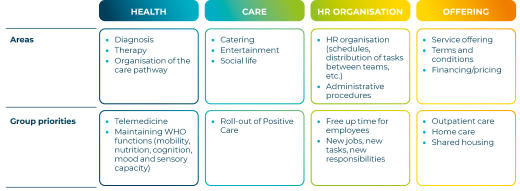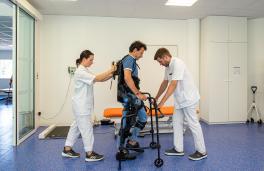Innovation
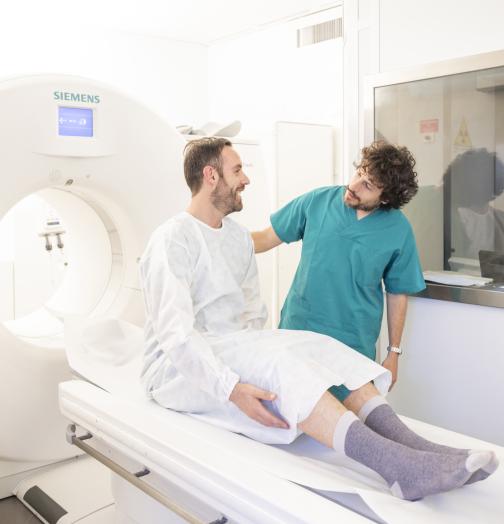
Encourage and enhance innovation to help better prevent illnesses, increase the effectiveness of treatments and enhance the quality of life and satisfaction of patients, residents, families, employees and other stakeholders.
Medical research
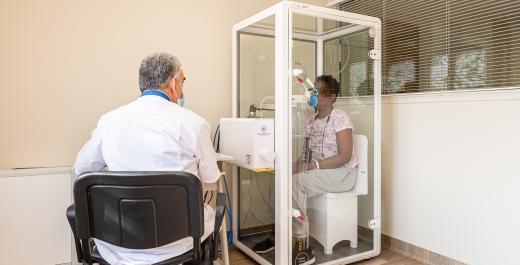
Develop research partnerships on a European scale leveraging Clariane’s network and data, and stimulate knowledge sharing within our medical communities and the applications of medical research in our facilities.
Clariane’s research strategy takes a multidisciplinary approach, harnessing the breadth and diversity of the Group’s expertise. It reflects our commitment to making research accessible to all, including paramedical professionals — a distinctive feature rooted in our belief that research should engage every healthcare professional.
Through this approach, Clariane aims to:
- strengthen its position as a trusted partner for researchers by leveraging the scale and diversity of its network of facilities as a platform for experimentation and data collection;
- promote a vibrant European medical community and encourage cross-border knowledge sharing;
- translate research insights into concrete, Europe-wide initiatives that improve practices across its facilities.
More information about
Main research projects in progress
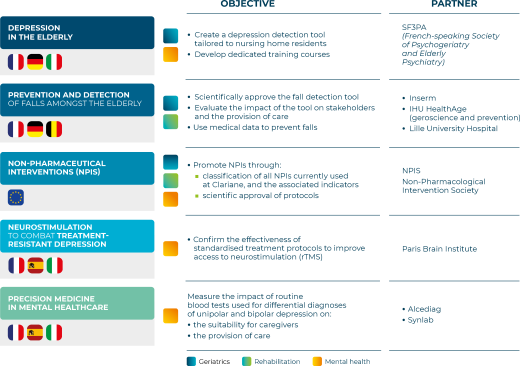
Innovation in healthcare and care
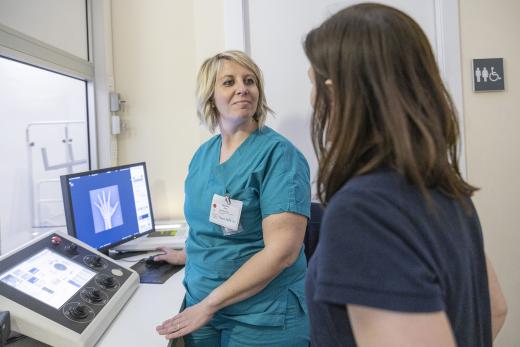
Deploy and scale up new medical and care practices, new organisational models and new offers and services in order to meet changing societal needs and improve the quality of life of our residents/patients, families and employees.
This initiative is reflected through a wide variety of areas of innovation, which cover all aspects of care. Among the priority areas of innovation, telemedicine – a cross-cutting issue for many projects – is of particular importance. It represents a major opportunity to strengthen the accessibility, quality and continuity of care in nursing homes and clinics.
Simplifying employees’ everyday administrative tasks through technological innovation, resulting in increased time available for patient care, is another key focus of the innovation policy, which includes the development of the Koala app.
Improving the well-being and autonomy of residents and patients, and quality of life at work for employees
